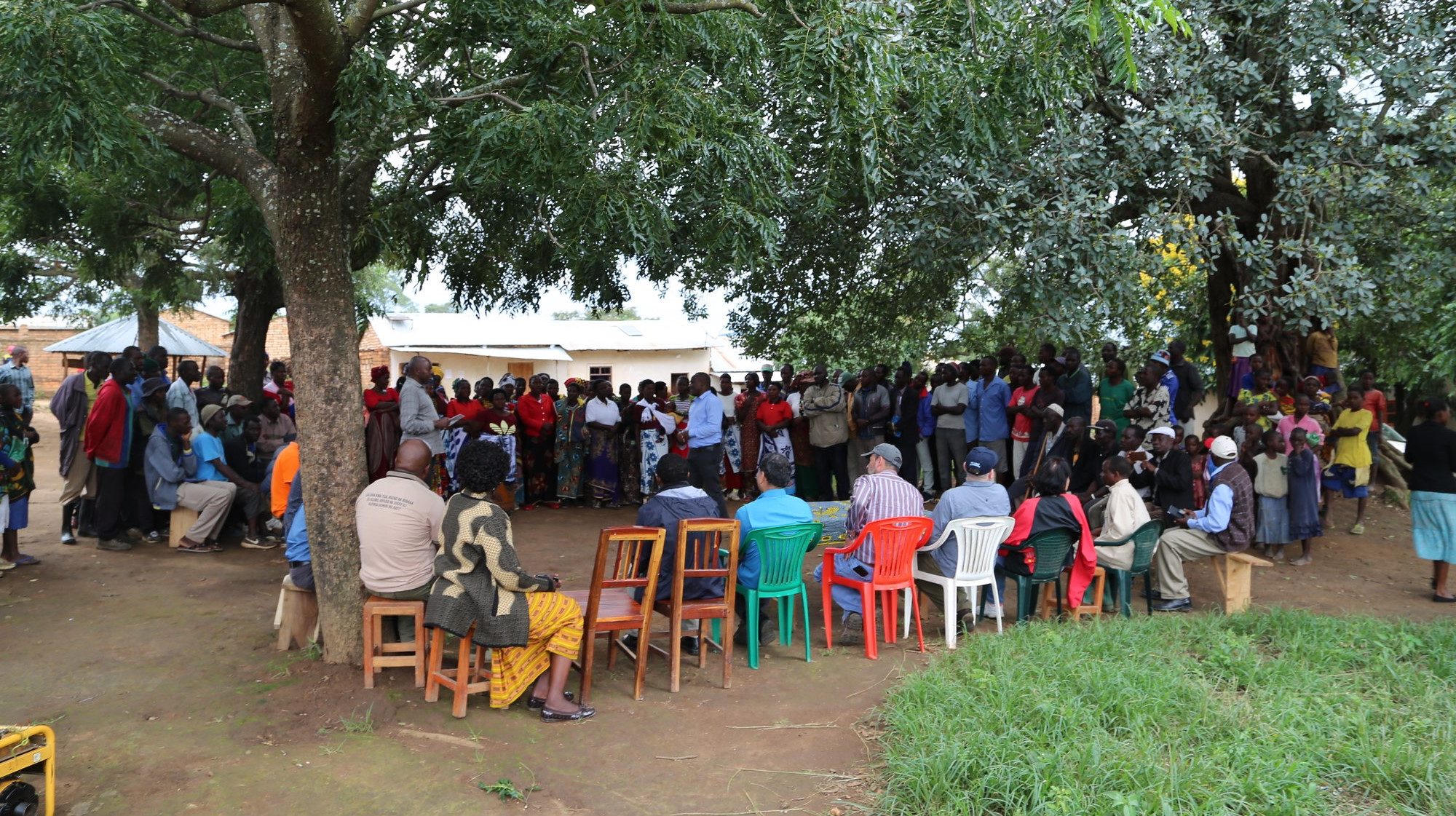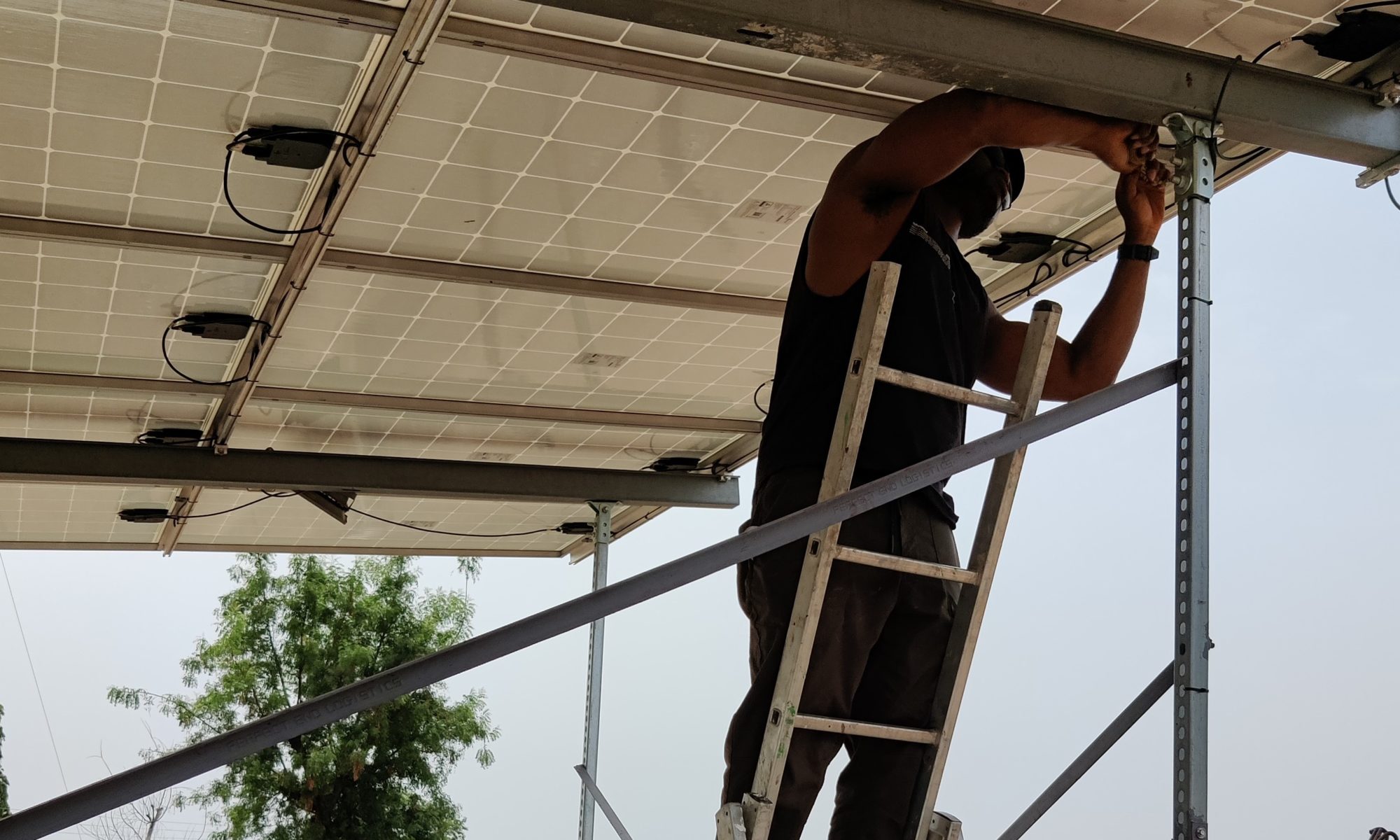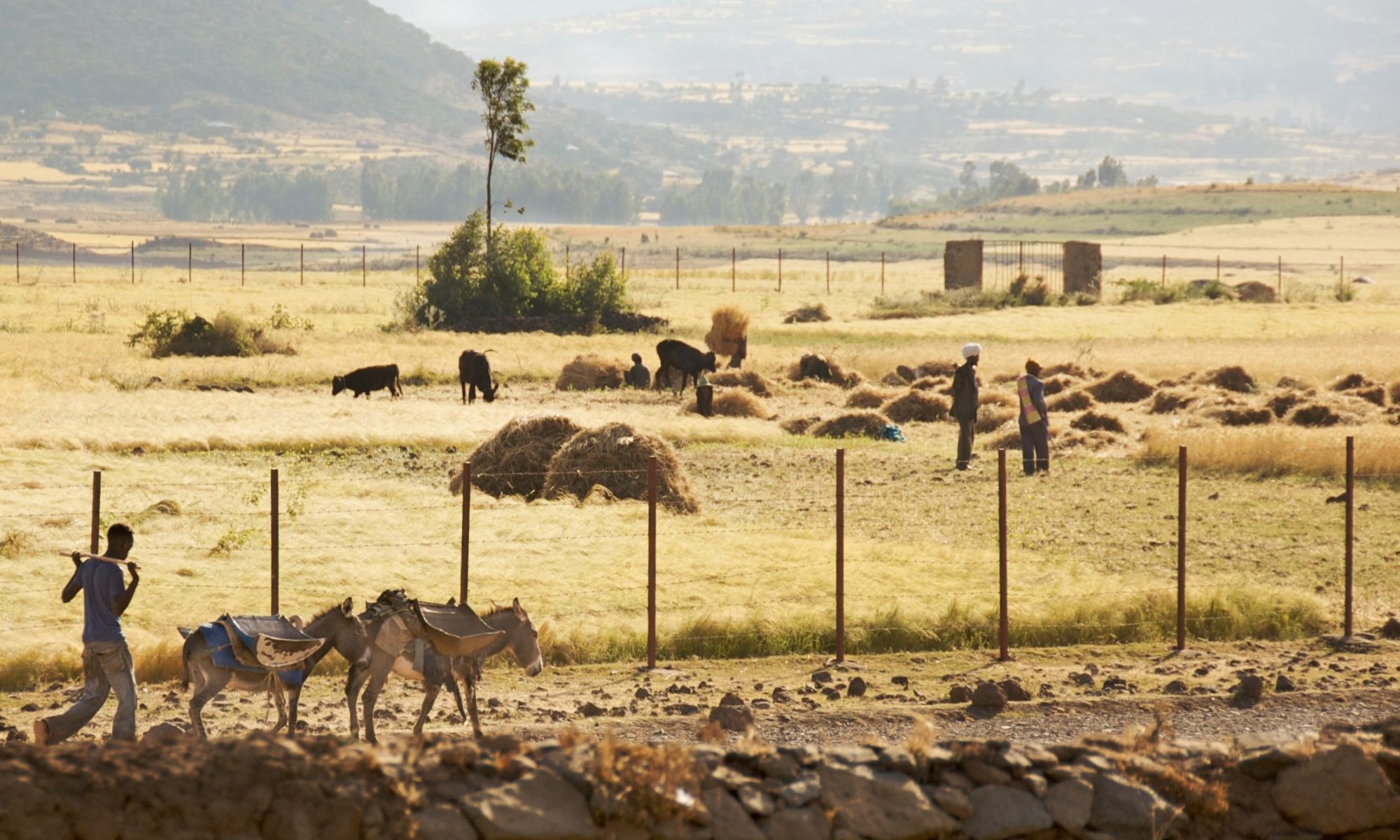By Rasul Ahmed Minja
One of the chief concerns of new sustainability initiatives for managing natural resources and involving public and private actors is to build and retain legitimacy among different audiences and stakeholders, legitimacy understood as the ‘process where partnerships gain recognition and become accepted as a relevant alternative or supplement to government policy on a particular issue’. But how can we better understand the legitimacy of sustainability partnerships from the perspective of local communities? Or, more precisely, how do different sustainability partnerships develop, gain (or fail to gain), and manage legitimacy in local communities? What kinds of legitimacy do they seek and how? And which paths for building and maintaining legitimacy yield what kinds of perceived conservation and socio-economic outcomes?
Continue reading “The Legitimacy of Sustainability Initiatives in Tanzania “


